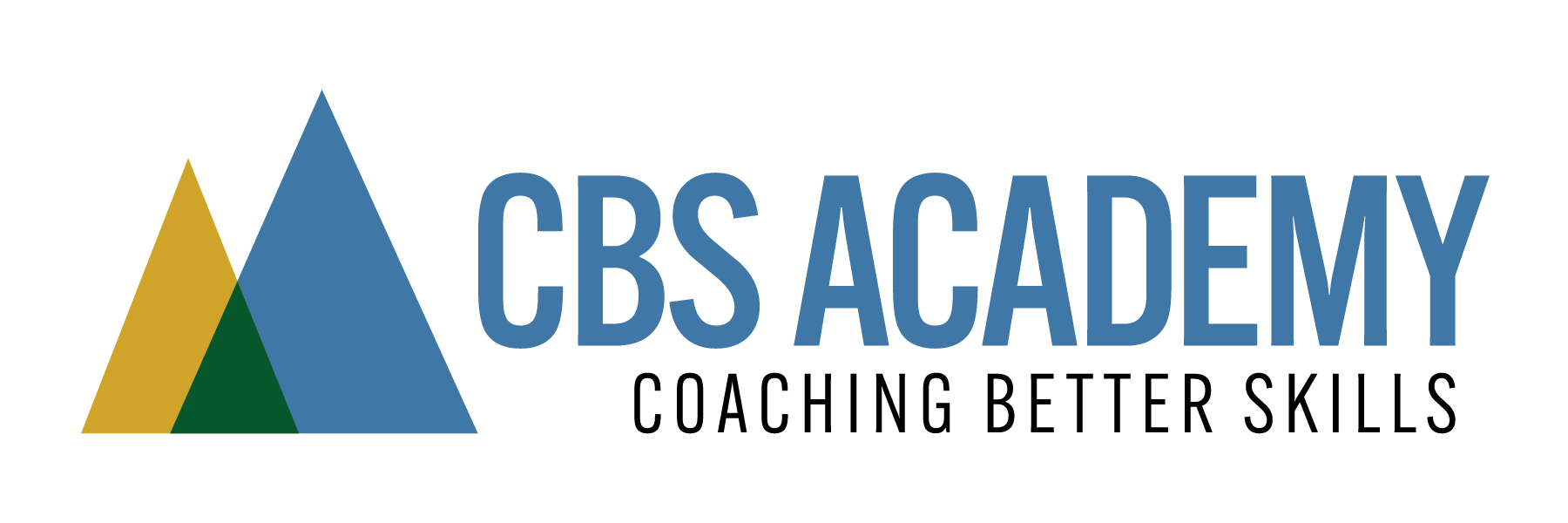Not Listening Fully When the Agents Are Going Over Their Challenges
Causes of Inadequate Listening
Leaders might struggle to fully listen to agents due to numerous distractions such as emails or other workplace interruptions. Additionally, high workloads can lead to mental fatigue, reducing leaders' ability to focus during conversations. Preconceived notions about the agent’s situation might also lead leaders to dismiss concerns prematurely without fully understanding the issues at hand.
Impacts on Agents
When agents feel that their challenges are not being fully listened to, it can lead to feelings of being unsupported and undervalued. This lack of acknowledgment can decrease morale and engagement, leading to misunderstandings about job expectations and potential mistakes in their tasks. Over time, this might result in diminished job satisfaction and a decline in performance quality.
Effects on Team Dynamics
Inadequate listening by leaders can severely affect team dynamics by eroding trust and stifling collaboration among team members. This erosion of trust can inhibit open communication, reducing opportunities for innovation and improvement. Consequently, persistent communication issues can lead to increased turnover as agents might seek more supportive work environments.
Strategies for Improvement
Adopting active listening techniques such as acknowledging messages, clarifying ambiguities, and responding thoughtfully can significantly enhance leaders' interactions with their team. Creating a culture that values listening and implementing regular feedback loops can also aid in holding leaders accountable and improving communication practices. Structured meeting agendas and encouraging note-taking can ensure that discussions are focused and all concerns are addressed efficiently.
Tools and Technologies
Utilizing tools like structured agendas for meetings can help leaders prepare better and ensure they are attentive to the agents' inputs. Note-taking during these interactions can also be beneficial in remembering and addressing all points raised. Additionally, leveraging communication platforms for asynchronous discussions can help document concerns effectively, ensuring that they are revisited and addressed in a timely manner.
Conclusion
By focusing on these areas, organizations can foster a more supportive environment that values and promotes effective communication, thereby enhancing overall workplace dynamics and agent satisfaction.
